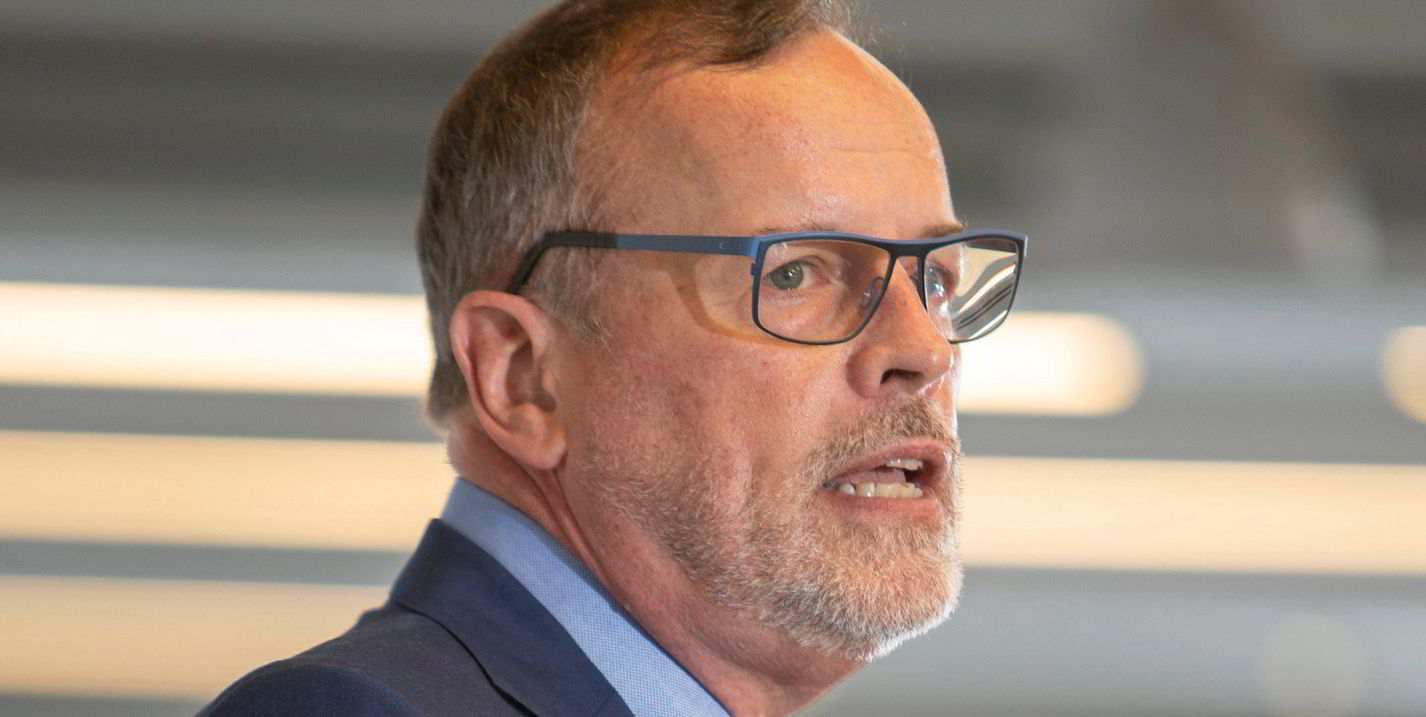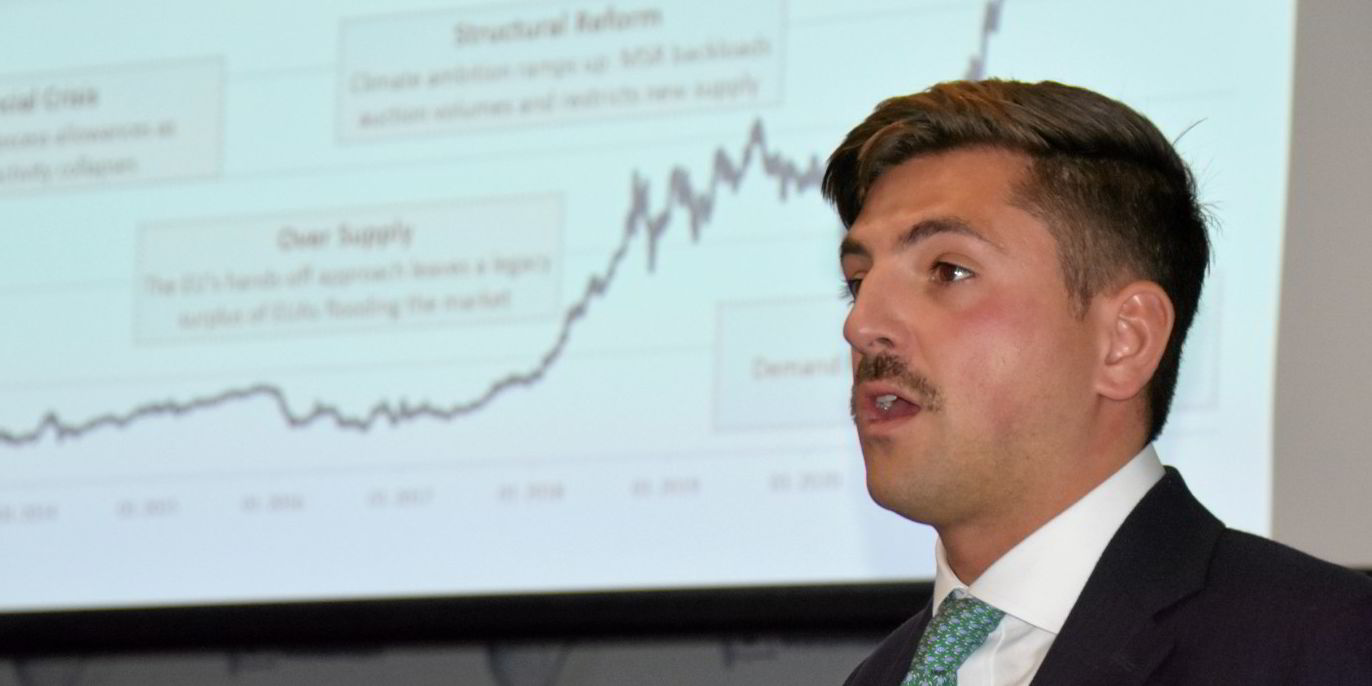One of the benefits of vessel retrofits to reduce carbon emissions is that shipowners often can recoup their investment through operating efficiency and lower fuel consumption.
But what if owners could turbo-boost their economic gains by accumulating carbon credits and selling them into a trading market?
It is a proposition that has been under development for the past four years at Marsoft, the maritime consulting outfit with offices in London, Oslo and Boston.
TradeWinds recently caught up with Marsoft president Arlie Sterling for an explanation of the proprietary GreenScreen programme and Marsoft’s recent partnership with ClimeCo, a Pennsylvania-based company that deals in the carbon credits market.
The alliance allows Marsoft to offer companies an integrated approach to securing such credits and then monetising them in the voluntary market, even as the industry readies for the upcoming Energy Efficiency Existing Ship Index (EEXI) and Carbon Intensity Indicator (CII) protocols aimed at reducing vessels’ carbon footprint.
“CII and EEXI are two of the key major drivers,” Sterling said. “What many owners will look to do is slow their ships down. That may make their scores better, but it effectively reduces the earnings capacity of the ship. But the retrofit strategy enhances the earnings capacity of the ship.
“So the owner essentially gets paid twice. They reap the benefits of the lower fuel consumption, and they get the value of the lower carbon emissions through in the form of sales into the voluntary carbon credit markets.”
Marsoft has found “a great response from the market” to date, Sterling said, but is looking to raise the profile of its efforts.
The firm has been in talks with such owners as Star Bulk Carriers, Ridgebury Tankers, Golden Ocean, Prime Marine, Seanergy Maritime and the Pasha Group.
While Marsoft’s buildup is years old, the alliance with ClimeCo was formalised only in late summer so interest in the scheme is still evolving, he said.
Eligible retrofits potentially apply to “a suite” of measures, Sterling said, ranging from premium coatings to weight-flow devices, engine tuning and wind-assist modifications.
“Retrofits are expensive and owners don’t necessarily see that they’re going to benefit enough,” Sterling said. “The goal is to help owners realise the value of the carbon reduction and take on the expense and risk.”
One shipowner interviewed by TradeWinds confirmed that his company is intrigued by the product but wants to see more proof it is viable.

“We want to see it demonstrated that we can get voluntary carbon credits,” he said. “It’s not a proven fact yet. The market isn’t fully developed. But it’s interesting that by doing innovative and non-standard things we might be able to generate voluntary carbon credits. Let’s see what happens.”
GreenScreen has been developed in collaboration with MIT’s Sea Grant Design Lab. Its main engine fuel oil calculation has been accepted by Gold Standard.
Marsoft teams with ClimeCo on issuance and aggregation of credits, creating economies of scale, while ClimeCo specialises in selling the credits with hopes for a premium price.
ClimeCo’s transactions team is said to sell more than 20m tonnes of carbon annually.




